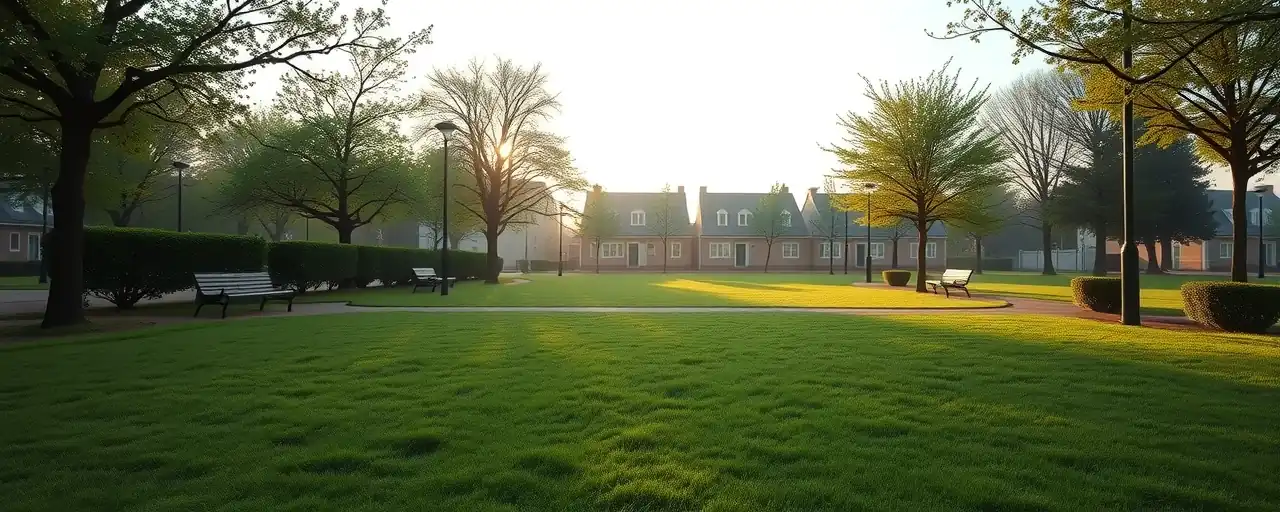Violent Criminals Threaten Our Communities
The Department of Homeland Security recently sent a group of convicted non-citizens, guilty of crimes like murder and sexual assault, on a deportation flight to South Sudan. Among them were Enrique Arias-Hierro, convicted of homicide and kidnapping, and Nyo Myint, found guilty of assaulting a vulnerable victim. These individuals pose a direct threat to American safety. Yet, a federal judge in Massachusetts now insists they return to our soil. How can we justify letting such dangers back into our neighborhoods?
Removing those who commit heinous acts is vital to protecting our families. The administration’s deportation efforts target people with extensive criminal records, ensuring they cannot harm again. Assistant Secretary Tricia McLaughlin described these deportees as serious threats, a view backed by their convictions. In 2025, ICE arrested over 158,000 non-citizens, with 75 percent convicted of violent felonies like robbery or murder. These are not trivial offenses; they destroy lives and demand action.
Judges Are Blocking Public Safety
Federal judges in places like Massachusetts are halting these deportations, claiming the process lacks fairness. Their rulings favor the rights of convicted felons over the security of everyday Americans. The Constitution guarantees due process, but these individuals already faced trials and convictions. Allowing them to exploit legal technicalities to stay in the U.S. betrays the public’s trust and undermines justice.
Some argue that non-citizens deserve endless legal protections, even after committing violent crimes. They’ve won court orders stopping rapid deportations and third-country removals, citing inadequate notice or access to lawyers. But at what point do the rights of law-abiding citizens take precedence? The administration’s use of the Alien Enemies Act to detain and deport dangerous individuals is both legal and necessary. Yet, courts keep issuing injunctions, delaying removals and endangering communities.
Since January 2025, ICE has intensified efforts, arresting 1,200–1,500 non-citizens daily and deporting hundreds of gang members, including MS-13 and Tren de Aragua affiliates. These targeted operations remove the most dangerous offenders, but judges counter with temporary stays and procedural objections. Even the Supreme Court has criticized short notice periods, prolonging legal battles. This pattern of judicial interference sends a troubling signal: violent criminals can game the system and remain.
Media Narratives Cloud the Truth
Outlets like ABC and Newsweek often portray deportees as relatable figures, emphasizing their personal stories while downplaying their crimes. This approach misleads the public and weakens support for enforcement. When a murderer is framed as a community member, it distorts the reality of their actions. DHS has called on the media to focus on victims’ experiences, but emotional narratives overshadow the facts.
The administration, by contrast, highlights the clear danger these individuals pose, backed by detailed criminal records. Public opinion strongly favors deporting violent felons, yet media framing creates confusion, especially about long-term residents with convictions. The gap between public support and media portrayal stems from selective storytelling that prioritizes sympathy over accountability. Americans deserve clarity, not manipulation.
Building on a Strong Legacy
Deporting criminal non-citizens has long been a priority across party lines. Laws like the 1996 Illegal Immigration Reform Act expanded removal grounds, while post-9/11 measures targeted security risks. Republicans have consistently pushed for resources to deport gang members and repeat offenders, a commitment the current administration continues through innovative tools like IRS-ICE data-sharing and self-deportation apps.
Opposition, however, grows through relentless lawsuits and sanctuary policies. Democratic-led states protect offenders, and judges block penalties for noncompliant jurisdictions. This resistance echoes decades of growing polarization, from the 1990s to the Tea Party era. Today’s conflicts, including DOJ actions against obstructive judges, reflect a broader struggle over federal power and public safety. The stakes are high: unchecked judicial activism threatens our ability to protect citizens.
The administration’s approach strengthens national security and public safety. By labeling gangs as terrorist groups and empowering asylum officers to screen out threats, it closes critical gaps. Critics claim this oversteps civil liberties, but safeguarding Americans from violence is a non-negotiable duty. Every blocked deportation risks another victim, a reality we cannot ignore.
Protecting Our Future
Swift and decisive deportations are the only way to ensure safety. Every judicial delay puts Americans at risk. The administration’s robust strategy—daily arrests, targeted flights, and interagency cooperation—demonstrates a clear commitment to protecting communities. Victims of these criminals deserve justice, not excuses rooted in legal formalities.
Citizens must hold the judiciary accountable for prioritizing procedure over people. The media, too, needs to report the truth, amplifying victims’ voices instead of criminals’ stories. Safety transcends politics; it’s a right every American deserves. Will we allow judges to jeopardize our security, or will we demand action to keep our streets safe?
This fight is about every family, every community. The administration’s deportation efforts uphold the law and protect our nation. We must reject judicial overreach and media distortions, standing firm for a future where violent criminals face consequences, not protection. Our safety depends on it.
